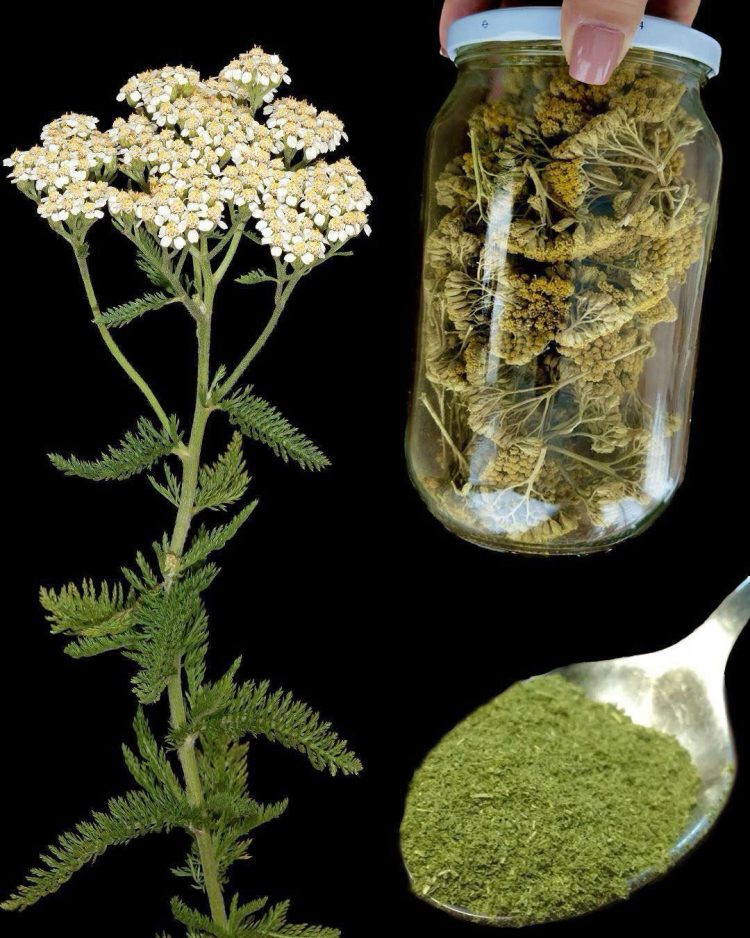Yarrow (Achillea millefolium), a perennial herb, has been revered for centuries as a medicinal plant with a wide array of health benefits. Its use dates back to ancient times when it was employed to heal wounds and reduce fevers. The plant grows wild in meadows and grasslands across the world, recognized by its feathery leaves and clusters of white or pink flowers. Today, it continues to be an essential herb in holistic health, valued for its versatility and potent natural compounds. In this article, we explore 15 remarkable benefits of yarrow and how you can incorporate it into your daily life.
15 Health Benefits of Yarrow
Wound Healing
Yarrow has powerful anti-inflammatory and astringent properties, which help accelerate wound healing. Its application to cuts and bruises can aid in blood clotting and reduce infection risk.
Digestive Aid
Yarrow is known to ease digestive discomforts like bloating, indigestion, and cramps. It stimulates bile flow, making it effective for improving digestion and relieving gas.
Menstrual Support
Women have long used yarrow to alleviate menstrual pain and regulate their cycles. The herb’s antispasmodic properties help relieve cramping, while its ability to balance hormones makes it a natural choice for easing heavy periods.
Reduces Fever
Traditionally, yarrow was used to induce sweating, helping to break fevers during colds and flu. Its diaphoretic action encourages the body to release heat and toxins.
Anti-Inflammatory
The herb contains flavonoids and tannins that exhibit strong anti-inflammatory properties, making it useful for treating conditions like arthritis, joint pain, and skin irritations.
Blood Pressure Regulation
Yarrow has been shown to help lower high blood pressure. Its vasodilating effects allow blood vessels to relax, improving circulation and reducing the risk of hypertension.
Improves Circulation
This herb can enhance circulation throughout the body by dilating blood vessels and reducing blood viscosity, promoting overall cardiovascular health.
Antiseptic Properties
Yarrow is rich in compounds that exhibit antibacterial and antiseptic qualities. It can be applied topically to minor wounds, burns, and skin infections to prevent bacterial contamination.
Supports Respiratory Health
Yarrow helps relieve congestion and inflammation in the respiratory system. Its expectorant properties make it useful for clearing mucus from the lungs, aiding in the treatment of colds, bronchitis, and asthma.
Detoxifies the Body
Through its diaphoretic (sweat-inducing) and diuretic properties, yarrow supports detoxification by helping the body eliminate excess fluids and toxins through sweat and urine.
Relieves Anxiety and Stress
Yarrow is calming to the nervous system. Drinking yarrow tea can ease stress, anxiety, and tension, helping to promote a sense of calm and well-being.
Boosts Immune Function
The herb contains antioxidants that boost the immune system, helping the body to fend off infections. Regular consumption can strengthen the immune response, making it a great ally during cold and flu season.
see continuation on next pagev
